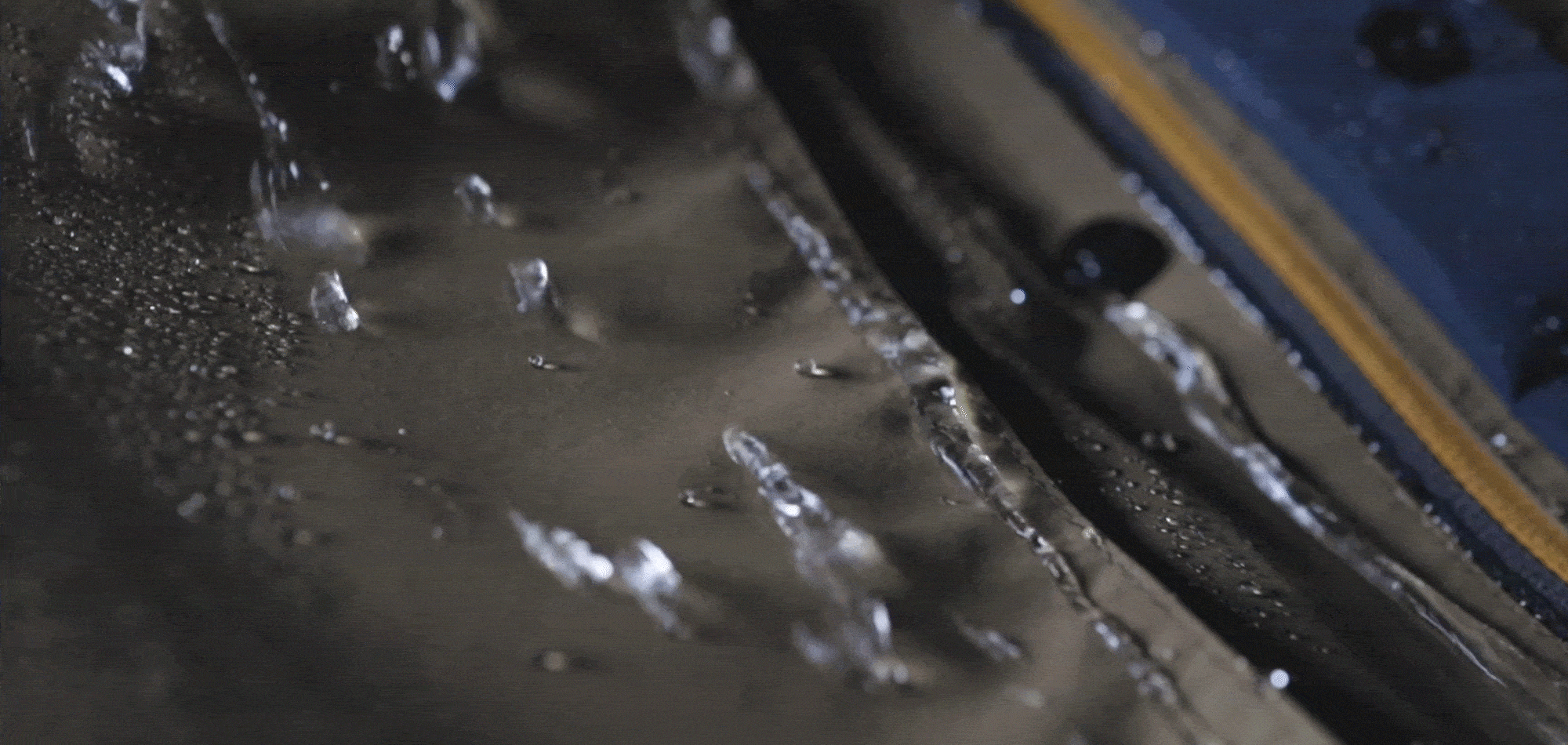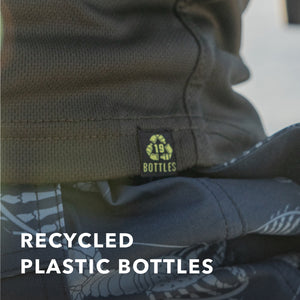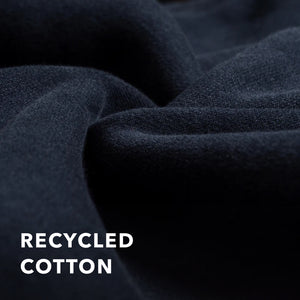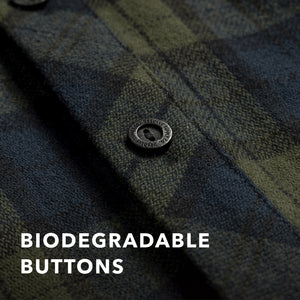
PFC Free Durable Water Repellent
Breaking away from the industry standard
Planet-safe durable water repellent
Durable water repellent (DWR) helps water to bead off our waders and rainwear, it also repels dirt, allowing our gear to perform at the highest level. The DWRs contain perfluorinated compounds (PFCs). These chemicals are used in waterproof outdoor apparel as well as many more common household items such as nonstick cookware and paints.
But here's the truth, the byproducts of common and highly effective Durable Water Repellent (DWR) coatings have been:
- Disposed of improperly,
- Leaked toxins into waterways, and
- Consumed by humans and wildlife - causing major health issues.
Studies have shown that these toxins have led to significant health issues such as birth defects and cancerous tumors.

Putting in the effort to do better.
In the past, we used the industry standard DWR called C8, which is highly effective and phenomenally durable. Unfortunately, its production results in a large amount of PFOA byproduct being created which does not decompose. Despite its high performance and that this is still being used by our competitors, the environmental and health concerns make it unacceptable for us to continue to use it.
We sought to find a durable water-repellent coating that breaks down in the environment, thus avoiding health risks (we acknowledge that this is a very brief summary).
After extensive research, we identified the right DWR that eliminates PFCs, PFOAs, and PFOSs (the harmful substances) from our products. Despite the higher costs, we believe it's imperative to prioritise the health of our planet and the safety of individuals we may never meet.
The Outcome
Our jackets and waders have always utilised PFC-free DWR. With 20% of global water pollution caused by garment industry chemical practices, we are leading the way to spend more to make sure our gear doesn't cause harm in production. While we're not the sole brand to do this, if you don't see a brand explicitly stating that the DWR used is PFC-free or something similar, unfortunately, you should probably assume the worst.




